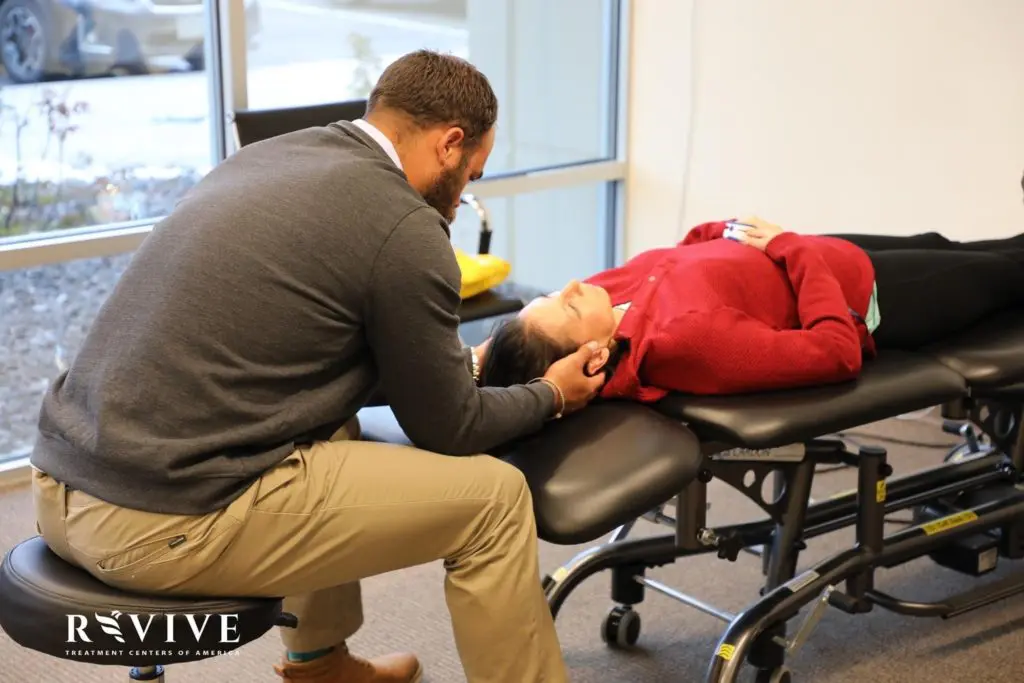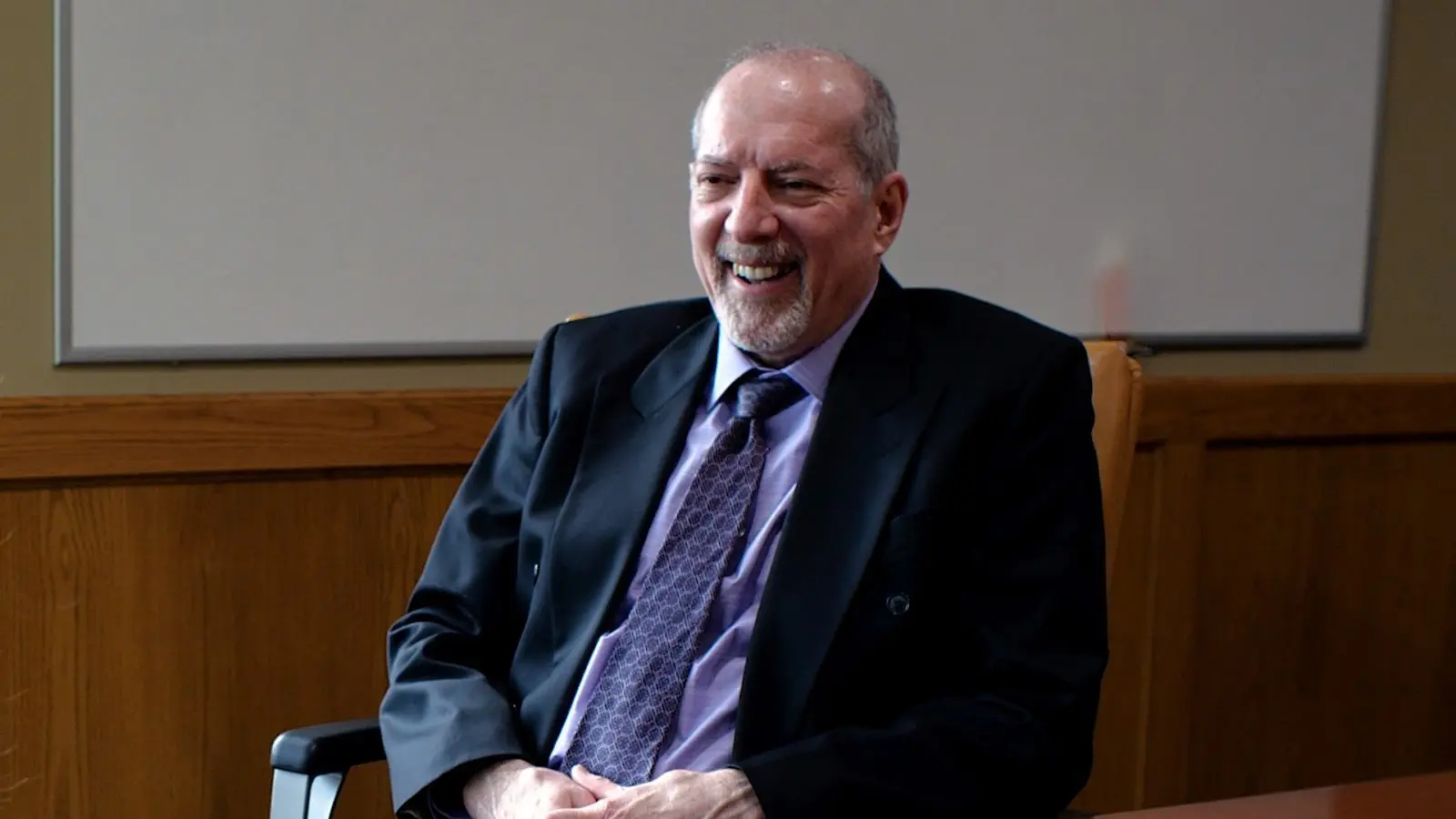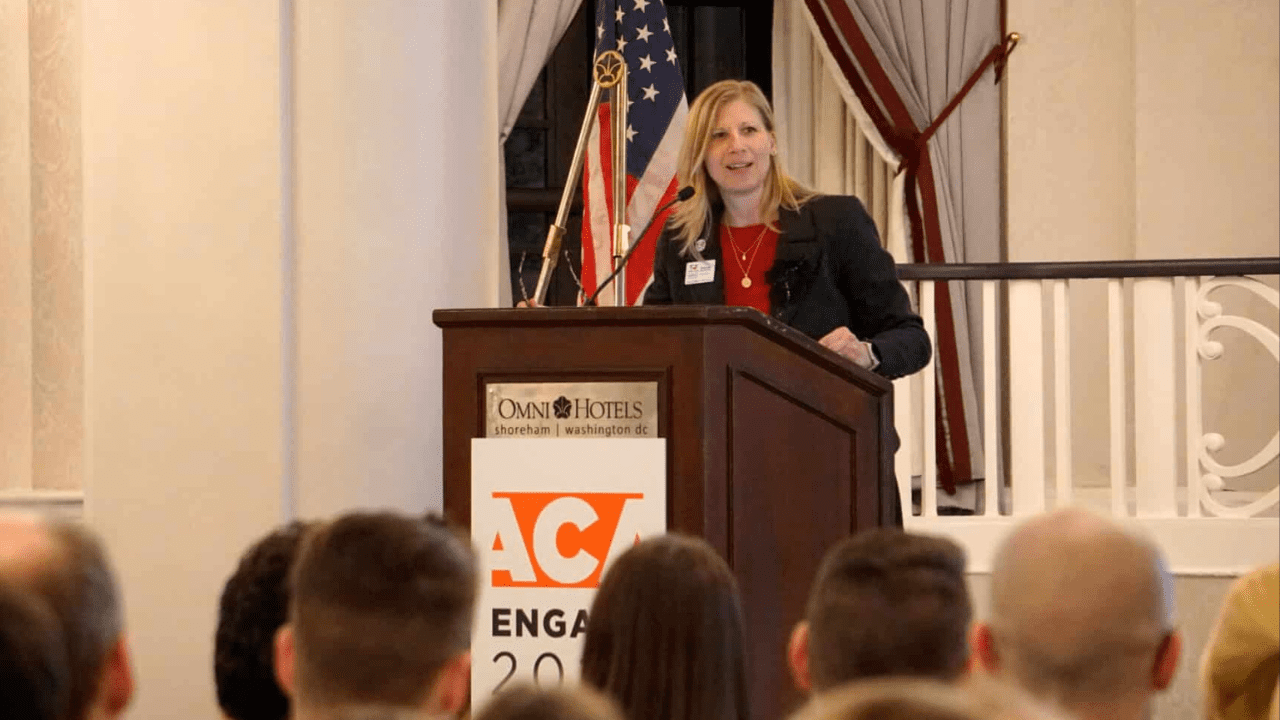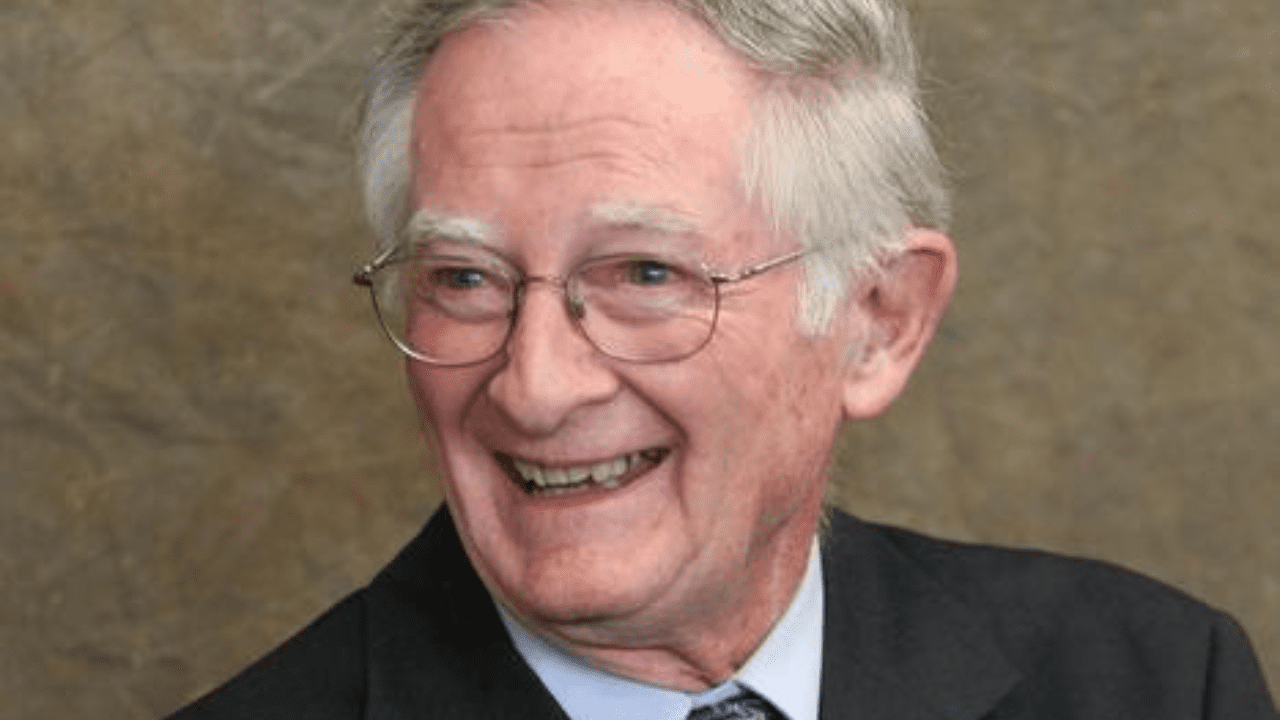A Rewarding Career as a Neurology Diplomate: Drs. Zaremba and DeBeer
NWHSU recently launched a postdoctoral Chiropractic Neurology Continuing Education program. After 300 hours of instruction, students are prepared to sit for examination and ultimately gain diplomate status with the International Board of Chiropractic Neurology (IBCN) of the International Academy of Chiropractic Neurology (IACN).
What types of career opportunities could that lead to? We spoke with two practicing doctors who work with neurology cases everyday to learn more about this exciting field.

Patients travel to Revive from around the world for an intensive, two-week program, and achieve remarkable results:
“We’ve worked with a number of patients who have difficulty walking without assistance and after a few weeks in our program are able to walk fully,” shared Dr. Zaremba.
“We’ve helped patients with various forms of aphasia and speech difficulty improve and regain their speech function. We’ve seen dramatic changes and even small things, like patients having less irritation, and neuropsychiatric symptoms. So then they’re able to have a better relationship with their spouse.
“So we really just totally transform lives with their rehabilitation. Being chiropractic neurologists, I think we’re uniquely positioned to understand how the whole body is functioning and provide great results for these people that have had traumatic brain injuries and strokes.”
Seeing these results is incredibly rewarding for both Dr. Zaremba and DeBeer. Patients generally come to them after trying many other options without seeing results. “Most patients will come in with a stack of MRI scans, or 80 to 400 pages of medical records. They’ve been in and out of hospitals since their injury or accident,” said Dr. DeBeer. “So it’s quite remarkable seeing them change so significantly.”
They credit the diplomate program for giving them the ability to do this rewarding work. “Without this training, I wouldn’t be able to treat the patients I’m treating right now, and have such a tremendous influence on their lives,” said Dr. Zaremba.
The Ideal Candidate for the Neurology Diplomate
For Drs. Zaremba and DeBeer, the reward of working as chiropractic neurologists is both in helping patients, and in coming to work and tackling a new puzzle everyday. Most neurology diplomates don’t work in an environment like Revive, but the education applies for many patient populations.
The neurology diplomate equips doctors to treat complex conditions and solve problems for their patients. Many chiropractic neurologists in traditional private practice settings help patients with common, complex, concerns, including neurodevelopmental and neurobehavioral disorders in childhood and concussions and post-concussion syndrome.
Dr. Zaremba graduated from Palmer College of Chiropractic, Florida campus, in December 2017. He started chiropractic school fairly certain that he wanted to specialize in neurology, partially because of pro hockey player Sidney Crosby. Crosby suffered concussions while Dr. Zaremba was in college, and sought care from a chiropractic neurologist. A hockey player himself, Dr. Zaremba took note and pursued chiropractic, completing most of his diplomate hours while still in the D.C. program.

“This program furthers your ability to help people outside of pain and spinal pain,” shared Dr. Zaremba. You can help people with different nervous system disorders based on improving your adjusting or even expanding what you’re doing to work more like a neural rehabilitation specialist and neurologist.”
“It teaches you to be a forward-thinking clinician”
The 300-hour training covers basic and complex neuroanatomy and physiology. As it progresses, students cover diagnostic criteria and treatment protocols, going through neuroradiology and reading and interpreting scans for various neurological diseases and deficits. Diplomates finish with a strong understanding of neuroanatomy and neurophysiology.
“One of the things I enjoy about the program is the stress on the importance of anatomy and knowing the structures and how to affect them properly,” shared Dr. DeBeer. “It teaches you to be a forward-thinking clinician, who can critically think through the case. It could really be for anyone. You fall in love with the complexity of it.”
Both doctors feel grateful to do the work that they do, and would encourage others to follow the path they did. Dr. Zaremba sees “an immense need for doctors like us who are driven by patient results and improvements in physiology, and I think if you’re good at it you can create changes in patients.”
At the end of the day, that change for patients is what makes the work rewarding. For Dr. DeBeer “nothing can really explain the feeling you get when the patients leave every week, beyond grateful for everything.”
Learn more about the Chiropractic Neurology Continuing Education program at NWHSU



